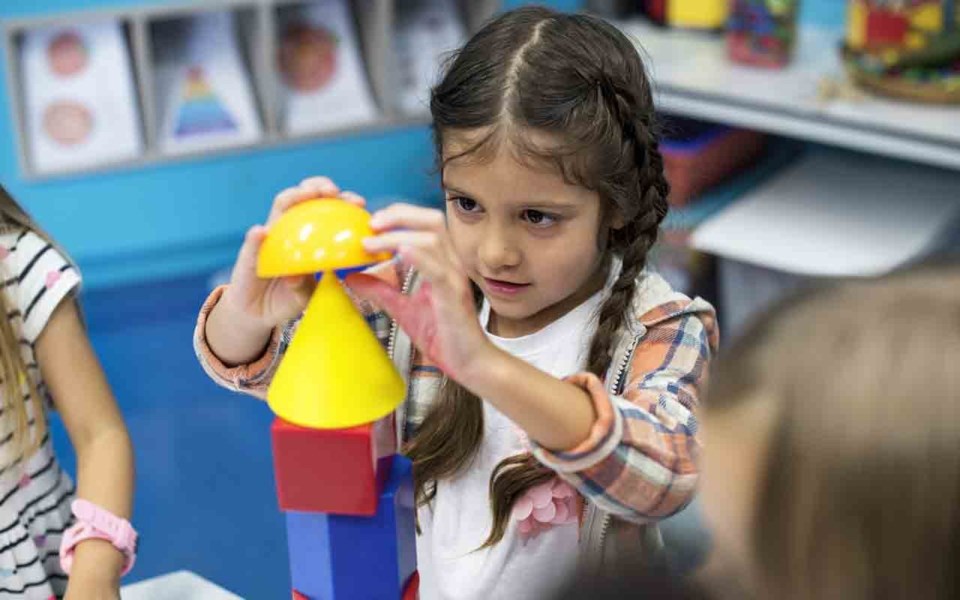For young Whistler families, finding daycare is a major challenge.
At Mountain Minis Childcare, the vast majority of phone calls are from parents wondering where they sit on the daycare's two-year waitlist.
"Ninety per cent of my phone calls and emails are 'where are we on the waitlist and when are we getting in,'" explained owner-operator Kate McCormick. "It's very, very, very tough."
Though perhaps felt more acutely in Whistler — a resort town with a high cost of living and large service economy where people tend to work odd hours — the affordable daycare issue is a province-wide phenomenon. It was therefore front and centre in last year's provincial election, when all major parties pledged to improve the system.
While the NDP government campaigned on a promise to create a universal $10-a-day childcare program, the plan for it was conspicuously absent from Tuesday's budget announcement, when Finance Minister Carole James announced the first steps of a "made-in-B.C. universal child care" program.
The province's plan involves an investment of $1 billion over the next three years, which will be used to create an additional 25,000 new, licensed, day-care spaces and provide relief to parents, who often pay upwards of $1,500 a month for child care.
Families making less than $44,999 will be eligible for a $1,250 maximum monthly benefit, and families making less than $79,999 will be eligible for a $910 maximum monthly budget. The funding will be paid directly to the child care facility.
According to Whistler Councillor Jen Ford, who has a child in the Whistler Children's Centre and was part of a working group on childcare, the spending represents a huge step forward for the province.
"At the high level, I'm stoked that they've put this kind of investment in," she said.
But Ford said that the No. 1 challenge for Whistler daycares, or any new daycare, will be to attract and retain staff given the high cost of living in the mountain town.
Getting certified as an early childhood educator is a three-year process that often requires additional courses and the work is poorly paid. Recognizing the issue, the province is setting aside $136 million of the $1 billion to support training and development and to develop a workforce strategy.
"Low wages and lack of benefits is common across the sector," reads a budget report that accompanied James' announcement. "Many experienced educators are moving to more lucrative careers in other sectors."
The province, however, has not called for wage hikes — something that Ford sees as important.
"Attracting employees is really, really important and challenging, and wages are a huge part of attracting workers," she said.
A few years ago, the province was offering capital grants for daycares, she explained. But when Ford looked into it, she soon realized staffing one would be difficult. "No one can build anything because you can't find the staff to operate it," she said.
Mountain Minis' McCormick echoed Ford, saying that while she is happy to hear that the province will be getting new daycares, staffing them will likely be a problem.
McCormick suggested making it easier for early-education workers who trained in other countries to have their credentials recognized in B.C.
One of her employees, a certified early-education worker from Australia, can only work as an assistant because of the current rules.
Yet when asked about the subsidies — and what they'll mean for Whistler parents — McCormick was unequivocal: "It's going to be great for them. Now their whole paycheque won't go to childcare."




